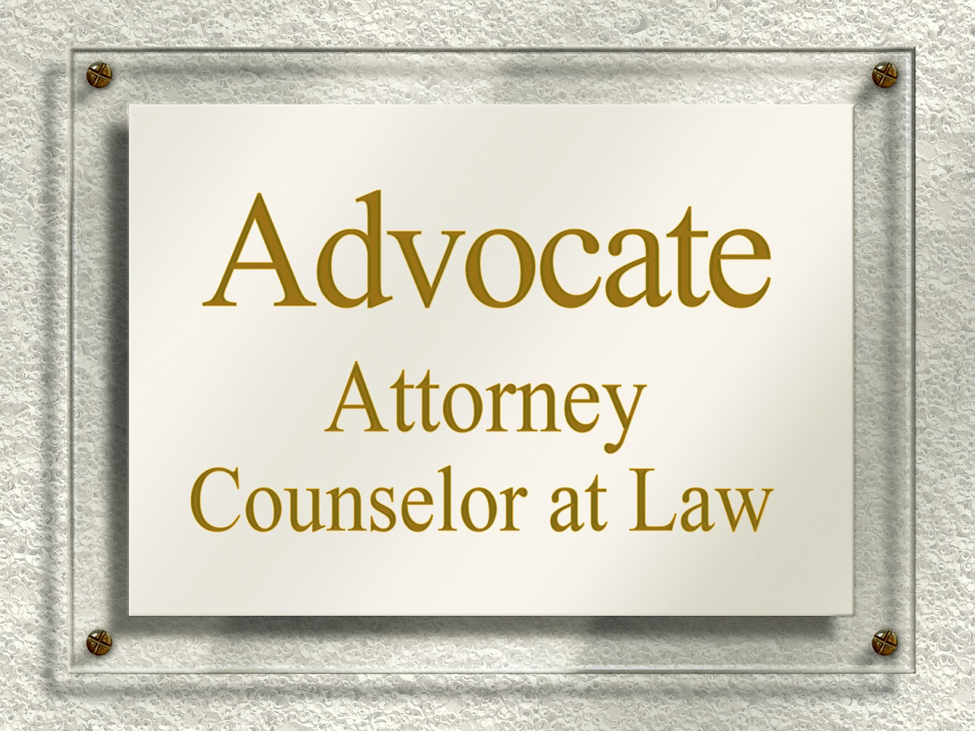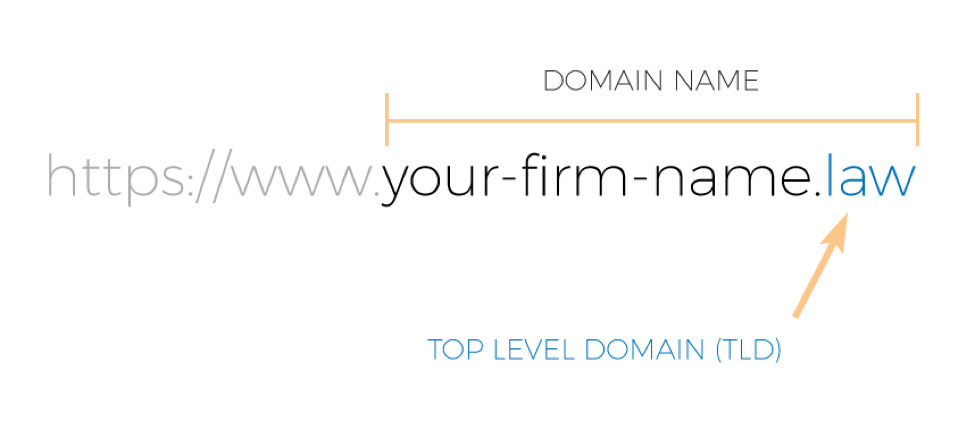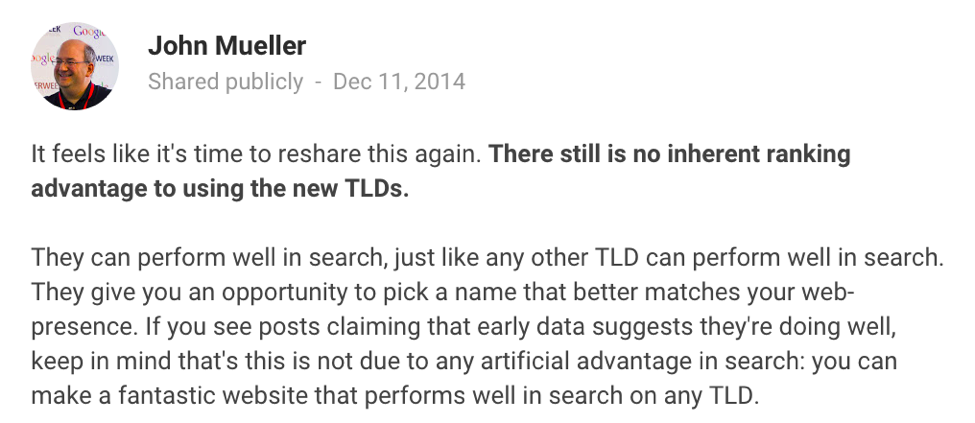In order to run a successful law practice, you’re going to need a website. Your website is the place for potential clients to discover your legal services, get to know you, and schedule a consultation.
However, before you or hired help creates your website, you’ll want to pick the best domain name for your law firm.
A website and a domain name are not the same, although they are closely connected. The website contains all your content, information, and images. Whereas the domain name is the address that people type in their browsers that bring them to your website.
There are many types of domain names available and there’s a few important guidelines to follow when choosing the best one for your law firm:
Top Level Domain for Lawyers
Top Level Domains (TLDs) are the little part of the domain name found after the DOT. These include, .COM, .ORG, .NET, and .GOV. There is even a specially created TLD for lawyers called .LAW.
The kind of TLD you decide will play a role in your ability to being found online. The universal TLDs are those listed above. There are also country specific TLDs such as .CA (Canada), .CN (China), .EU (European Union). Using these domains are restricted to those residing in that country and may not have as large a global reach as a .COM.
Most domains can be registered by anyone, however, the .LAW specific TLD requires proof of license before it can be issued.
Is a .LAW the best domain for you?
What Are Lawyer Keywords?
Consider your domain name as a very important keyword that aides in your website getting found. People looking for a lawyer may search the following in Google: Florida Divorce Lawyers.
Those words, are considered keywords and they play an important part in how your website is found online.
One thing to keep in mind is that keyword stuffing your domain name could lead to penalties by search engines and prevent your site from ever being noticed.
For example,
“childcustodydivorcelawyers.com”
While a name like this appears to be congruent with your services, there are a variety of reasons to not use this kind of name.
Best Domain Names For Lawyers
Creating a domain name that is memorable and brandable is the best approach to take. This is important. Your domain name will serve as a banner that not only catches people’s attention but prepares people for what they’ll find on your website.
So, consider the following: what is the overall message you’re trying to say? Can people remember it easily? Can they type it into their browser without difficulty? Are there other websites with domain names similar to yours?
In addition, here are a few points to help you pick the best domain:
- Keep it short and simple (KISS). Shorter names are easier to remember and simpler to type into the browser. Just imagine, if your name was Bernie, you could have this: bernietheattorney.com!
- Be consistent. Your domain name should be a reflection of the services being offered and/or the location you provide them. Having a name like nyccourtconsultations.com (implying that you offer court consultations in NYC) would be more powerful than worldoflaw.com (potentially implying this site is about a world of flaws?).
- Don’t use unpopular TLDs. There are many different domain names available that may seem ideal for branding purposes but have less effect as a common TLD like .COM. Many people are familiar with .COM as a domain name.
- Avoid using hyphens. Search engines sometimes consider websites using hyphens as spammy and trying to stuff too many keywords. For example, best-lawyers-in-san-francisco.com may signal to search engines that this website is spam. While hyphens can be used without receiving penalties.
Lawyers Starting A Blog
Having a website allows your to showcase your practice, services, past clients, and contact information to the entire world. As well, another useful thing to do on your website is starting a blog.
As mentioned before, keywords play an important part in getting your site noticed online. While the domain name plays a significant roles in directing people to the website, the content is the most valuable.
The best way to make your website stand out online is by providing expert advice and quality content. Blogs allow you to build your reputation online as well as discover new, potential clients.
Domain Name Overview:
| Do | Don’t |
|
● Do use your personal or business name(s). Remember to keep it short and simple. Use a domain name like, smithlawassociates.com, instead of smithandtullylawassociates.com |
● Don’t use names that may change in the future (i.e. if an associate leaves your law firm) ● Don’t use abbreviations of your legal service that could create a negative reputation (i.e. Austin, Stevens, and Smith Lawyers Group: asslawyers.com) ● Don’t use spammy words like, best, top, greatest, etc. While you may feel that your law firm is #1 in your area, the search engines may flag your site as spam. ● Don’t make it too personal. Whatever you are interested in and passionate about should not be used for your domain name, unless, it is relevant to your area of law. ● Don’t use hard to remember or difficult to spell words. ● Don’t copy another domain name. If serveandprotect.com is taken, avoid taking serveandprotect.net (or any other TLD). This can confuse your potential clients. |
Choosing the best domain name for your law practice is not going to be easy. Remember that search engines like Google do provide benefits when a keyword is matched in your domain name. And you need to register domains from a trusted global domain registration company. However, try to avoid coming off as spammy and use a name that is broad but to the point. For branding purposes, short and catchy would be the better approach.
























